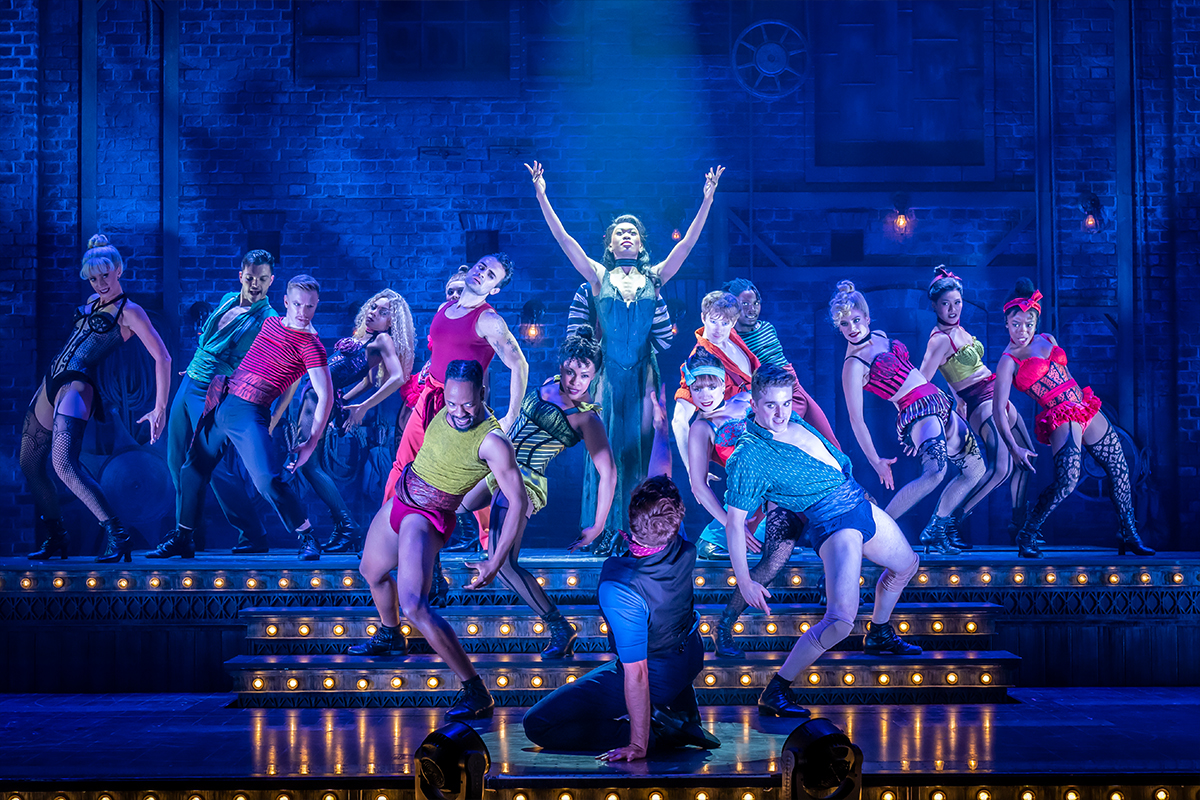Tamerlano
There can be few people in London with even the mildest interest in opera who are unaware that Plácido Domingo has had to withdraw from the new production of Tamerlano, due to the need for preventive surgery. The question has switched from can the star tenor sing baroque to could the production hold up without him.
Unfortunately, the answer is that in his absence there’s a gaping hole. It’s no disrespect to his replacement, Kurt Streit, but it’s as though the beating heart is missing. How much Graham Vick’s production was built around Domingo is difficult to say but it’s a dull affair without him.
Streit is to be admired for bringing forward his performance (he was supposed to appear some eight days after the first night) and he cuts a dashing figure, with strong and stylish singing, but the evening cries out for Domingo’s charisma, presence and incomparable beauty.
Some weaknesses elsewhere in the cast don’t help. Handel’s Tamerlano isn’t exactly Christopher Marlowe’s magnificent monster but he needs more rough edges than Christianne Stotijn brings to him. She never quite rises to the challenge and reflects a blandness that runs through the production.
Richard Hudson’s designs have a simplistic elegance but its proof that a white, empty space can’t just be an exciting dramatic arena. With little going on inside it, it’s not.
Colour only relieves the starkness with the arrival of a row of blue elephants which, like ducks in an arcade, might have you wanting to take pot-shots. Further visual ornamentation is a group of turbaned supernumaries who, in awkward stylised movements, mirror the mood of the principals. As they progress slowly round the upper gallery, you’ll find yourself again reaching for the shotgun.
Globes adorn the stage at various times and a revolve turns almost imperceptibly like the orbit of an outlying planet. The tone is picked up by the orchestra – a welcome visit from the Orchestra of the Age of Enlightenment – with Ivor Bolton’s tempi incredibly slow for much of the time.
While there’s a lack of natural Handelians among the cast, an excellent line-up of international stars brings some fine singing. In particular, Christine Schäfer (Asteria) and Sara Mingardo (Andronico) excel and Renata Pokupic makes an impressive house debut as Irene.
We have become used, in recent years, to jazzed-up Handel – David McVicar’s dazzling Guilio Cesare and Agrippina and Christopher Alden’s ENO Partenope, for instance – but it would be a shame if that’s the only way we can take his demanding operatic output. If Vick’s pedestrian Tamerlano, delivered straight and po-faced, is anything to go by, it needs something to pep it up.
At the risk of offending Handel purists (if I haven’t already), some cutting of the endless recitative and even whole arias would help. The third act is the most interesting, dramatically and musically, but at four and half hours running time, it’s an awful long time coming and the clinical approach of this production has by then long since anaesthetised its audience.










